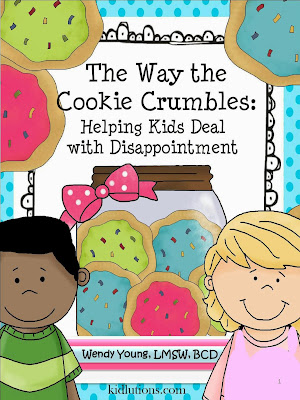Helping Children Cope with the Hurricane
Young Children and Disasters
As I watch the disturbing images of the wrath of Hurricane Sandy on television, my mind and heart go out to the youngest among us. Disasters of this proportion are a challenge for adults to wrap their brains around and make sense of. It is an even bigger challenge for children, whose life experiences and coping abilities are nowhere near that of an adult.
Whether it is a hurricane, fire, earthquake, flood, tornado or another natural disaster, the reactions that children will experience are similar. Helping them maintain some semblance of normalcy in an abnormal situation will be helpful. There is MUCH more that parents and caregivers can do to support kids through a disaster.
Helping Kids Cope
Regardless of their ages, children will experience stress and anxiety as a result of the disaster. It is important to bear this in mind and to offer them a way to process it that is developmentally appropriate. We have assembled these resources in past disasters, and wish to share them again, in light of the current conditions of our friends, family and neighbors on the east coast.
Here are some great places to get the help you need. They are listed in no particular order:
Federal Emergency Management Agency (FEMA)
For an excellent, in-depth, printable workbook, I highly recommend you check out FEMA's resource here. This workbook provides you with age-specific information about a child's reaction to a disaster and meaningful ways in which you can respond.
The American Academy of Child and Adolescent Psychiatry
The American Academy of Child & Adolescent Psychiatry offers invaluable tips to parents on helping children after a disaster.
Most Importantly: Tell the Truth
The truth is always the best approach.
"I we can mention it, we can manage it."
"If we can talk about it, we can tame it."
When children overhear conversations and are given only partial information, they are left to their own devices to fill in the blanks. Often, they become more fearful by the things they imagine, than the reality at hand. It is best to be direct, open and honest. Help them see the "helpers" and all of the good work that is going on to make things better.
Please stay safe~
This post is sponsored by:









Comments